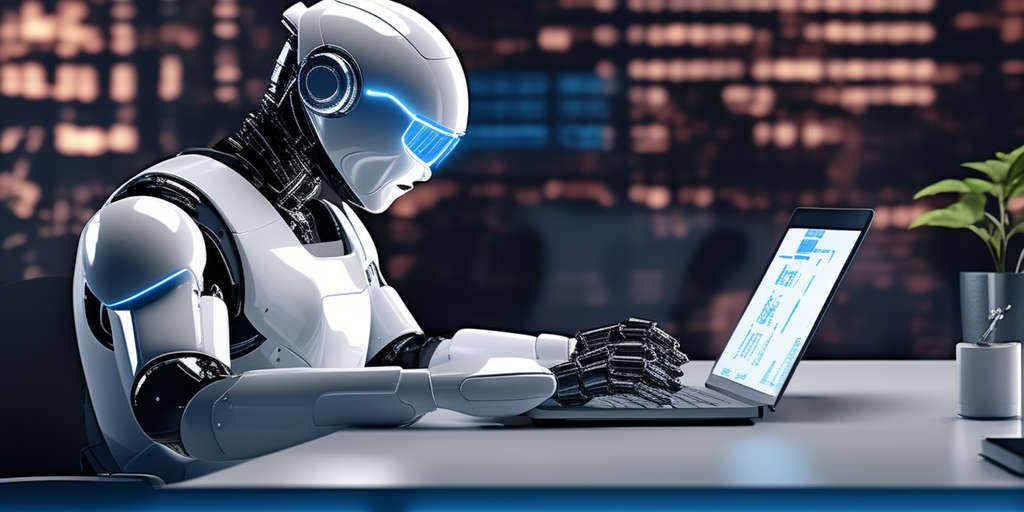In the ever-evolving landscape of technology, Artificial Intelligence (AI) has emerged as a transformative force, reshaping industries and redefining the nature of work. As AI continues to advance, certain jobs that were once performed by humans are now being seamlessly taken over by intelligent machines. In this blog, we will explore some of the jobs that have already been replaced by AI, showcasing the impact of automation on the workforce.

Manufacturing and Assembly Line Jobs
The manufacturing sector has witnessed a significant transformation with the integration of AI and robotics. Repetitive and labor-intensive tasks on assembly lines, such as welding and sorting, are now efficiently handled by machines. This shift has led to increased precision, speed, and cost-effectiveness, but it has also resulted in a decrease in demand for human workers in these roles.
Data Entry and Basic Administrative Tasks
AI-powered algorithms excel at processing large volumes of data quickly and accurately. As a result, jobs that involve routine data entry and basic administrative tasks are increasingly being automated. AI systems can sift through data, categorize information, and generate reports, eliminating the need for human intervention in mundane, repetitive tasks.
Customer Service Representatives
Chatbots and virtual assistants have become commonplace in the customer service industry. They are capable of handling routine inquiries, providing information, and even troubleshooting issues. While human representatives are still essential for more complex or emotionally charged interactions, AI has significantly streamlined and automated many aspects of customer support.
Telemarketing
The era of receiving unsolicited calls from telemarketers is gradually fading, thanks to AI. Automated systems can now make calls, deliver pre-recorded messages, and even engage in basic conversations with potential customers. This not only reduces costs for businesses but also minimizes the need for human telemarketers.
Routine Financial and Accounting Tasks
AI-driven algorithms are adept at handling routine financial and accounting tasks, such as invoicing, bookkeeping, and data analysis. Automated systems can accurately process transactions, identify patterns, and generate financial reports, reducing the need for human involvement in repetitive accounting functions.
The integration of AI into various industries has undoubtedly brought about increased efficiency, cost savings, and technological advancements. However, the replacement of certain jobs by machines also raises concerns about unemployment and the need for reskilling the workforce. As we continue to witness the rise of automation, it becomes crucial for individuals and societies to adapt, focusing on developing skills that complement AI technology rather than compete with it.







One Comment